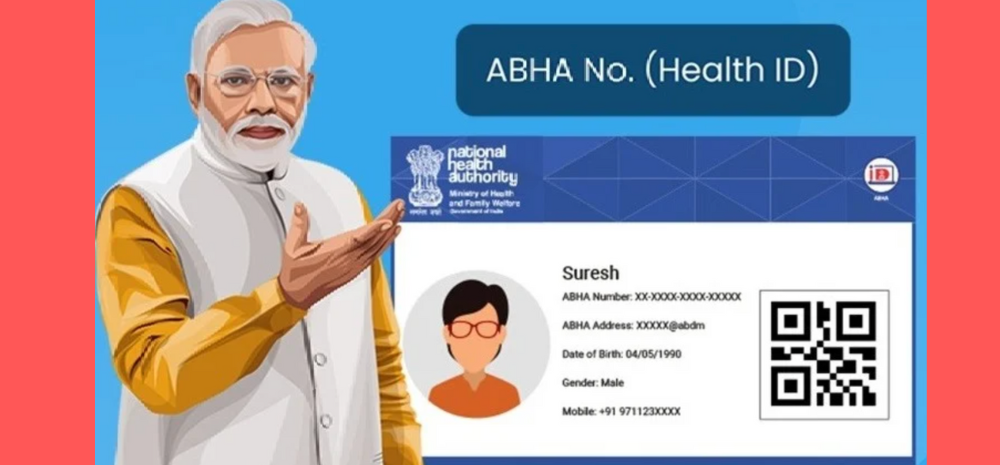This is a Guest Blog by Dr. Aakanksha Gupta – Vice President for Media and Communications at S.K. Educations Pvt. Ltd., an award-winning school chain with presence all over the country.

There is an old saying: “An ounce of prevention is worth a pound of cure.” While many of us are used to this saying in non-medical contexts, it holds very much true in the literal sense. The domain of preventive healthcare has long been neglected and there is only a marginal increase in the Union Budget 2023-24 for the healthcare sector. Even so, the rise of preventive healthcare startups and the latest developments in technology sound very much promising in reimagining the future of the healthcare system and making it conducive to our needs of awareness, accessibility, and affordability.
In India, the one reason that the healthcare industry is beset with numerous challenges is that there is a reactive instead of a proactive approach to patient care. Healthcare issues are deliberately being allowed to aggravate by people on account of financial or knowledge constraints. Only if the situation was otherwise and people could take advantage of the resources available to them in order to take charge of their health, the number of cases related to preventable diseases could have been lower, putting less strain on the healthcare sector of our country.
Vaccines against diseases (such as mumps, measles, polio, and Covid), screenings (in the form of mammograms and colonoscopies for detecting cancer at early stages), and diagnostic tests (for cholesterol, blood pressure, and such) are a few of the proactive measures that could help preventive and patient-centred care become the area of focus. When vaccines, screenings, and diagnostic tests become the norm of every person’s health routine, it opens up various possibilities for improving our country’s public health system.
Awareness and wellness programs related to public health issues (stressing why handwashing is essential for staying safe and sound, or why we should never forego the practice of regular exercise, or why we should quit smoking and alcohol) come under the purview of preventive healthcare, as do genetic testing.
Isn’t it remarkable how genetic testing could bring out potential health issues long before they surface from “out of nowhere” and decrease our life expectancy? Health education could even help prevent such incidences of chronic conditions. Since chronic conditions are one of the leading causes of death and disability at a global scale, the fact that preventive healthcare could help reduce this financial burden on the patients and economic burden on the country is absolutely constructive. It is something that could not be sidelined when evaluating and envisaging the overall progress of any country.
Agreed that our healthcare system is still in dire need of research and development in this regard, but it is the responsibility of both the government and an individual to track their health and take timely measures. This is all where technology comes into the picture, such as artificial intelligence, machine learning, and analytics. These cloud technologies could help generate a vast amount of health data and the analysis of that data could very much unlock new and effective treatments for different health conditions.
Being data-driven helps lower the dependence of healthcare professionals on the patient’s observations, and that amounts to decision-making which is better for both the concerned parties. However, the proper analysis of the data is as significant as the generation of the data; otherwise, the reimagination in preventive healthcare might take longer than intended, which is not going to be in anyone’s best interests.
During the pandemic, most of us did realise how much risky it could get when we leave our health conditions unattended. Making healthy lifestyle choices, selecting suitable preventive care insurance plans, and tracking our health through fitness apps and wearables are some of the steps that could bring the domain of preventive healthcare to the forefront and give it the much-needed stimulus if done on a large scale.
It is high time that the government and individuals became data-driven and proactive in their approach to healthcare and focused on preventive care in place of curative care. With this approach comes the empowerment of both, the individual and the country.













